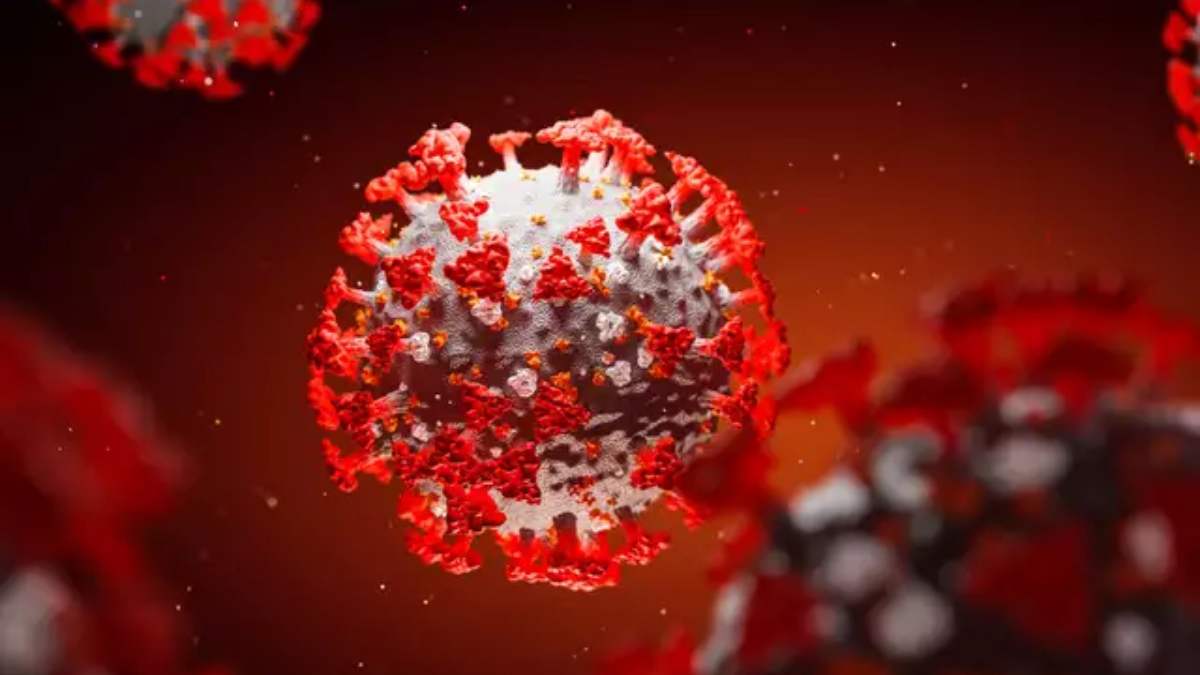In April 2020, the United Kingdom faced an exceptionally bleak scenario. With over 100,000 confirmed Covid-19 cases and more than 14,500 fatalities, it became the sixth-worst affected nation in the world. The real numbers were allegedly higher, even as the country struggled with shortages of protective equipment and test kits. During the same time, the US became a major Covid hotspot with more than 600,000 confirmed cases and close to 27,000 deaths.

In response, The Lancet, one of the world’s oldest and reputed peer-reviewed medical journals, wrote strong comments through condemnatory editorials that were critical of both the UK and the US governments, specifically of their inaction and incompetence, among other disparaging judgements. At a time when India has suffered the worst Covid surge in the world, The Lancet, not surprisingly, has followed up with a cautionary encore.
While the critique laid out in The Lancet’s editorial on India’s Covid-19 emergency does invoke the urgent need for introspection on our part, no criticism can be unmindful of the fact that the world is dealing with a limbless social virus that loves to travel aboard human vehicles before it seeks to claim them. Today, we must again pay heed to, albeit in a different context, what Sir Winston Leonard Spencer Churchill, the legendary Prime Minister of the UK, who led his country during the Second World War, famously remarked in his historic 1939 radio broadcast: “It is a riddle, wrapped in a mystery, inside an enigma; but perhaps there is a key.” SARS-CoV-2, the virus infamous for causing the ongoing Covid-19 pandemic of catastrophic proportions, seems an enigma with no key in sight, having baffled the entire medical and scientific community.
At a time when India is facing an unbelievably precarious second wave, the world is as clueless about the virus comportment as it was during the time of its onset. Given an enemy of this guile, it is no surprise that we invariably appear smarter in hindsight. The Covid-19 outbreak forced governments around the world to coerce their citizens to comply with preventive health behaviours. While all of us, as citizens of a country, have to share the blame for transmitting the virus far and wide, implementing the social challenge of masks and physical distancing imposed by Covid-19 to achieve the reduction in the effective reproduction number R, is a daunting task, even for advanced economies with high levels of education. The sheer enormity of this unprecedented crisis has rendered populations across the globe helpless and hapless.
Despite its health systems inadequacies, India is fighting tooth and nail to coordinate the different aspects of the on-ground implementation, to mount an effective response to this pandemic. The political leadership — both State and Central — is doing its best to expedite the vaccination drive and strike a balance between socio-economic urgencies and Covid control priorities. No political party — whether ruling, opposing or independent, whether Indian or British or American — would ever work against the interest of its own people. Science was always and will be at the heart of our public health response. Posing a question mark on the integrity of the medical and scientific will of our country is utterly counterproductive to the morale of doctors, nurses, and health workers, who have laid down their lives in both waves of the pandemic. India’s medical professionals have been fighting a relentless battle, despite the glaring constraints and uncertainty that surround the majority of the therapies and drug candidates.
The battlefronts of our war against Covid are homes ahead of hospitals, and the troops are doctors and nurses, not soldiers. Recalling Sir Churchill’s words, this virus is nothing but a riddle, wrapped in a mystery, inside an enigma. But perhaps there is a key, a fully grown leadership empowered by collaboration and cooperative federalism, not competition. In this shared data-driven leadership paradigm, nobody is a specialist, not even the most experienced members of the medical fraternity. Experts only draw strength from each other’s insight, foresight, and hindsight, whether infectious diseases experts, virologists, epidemiologists, immunologists, physicians, pulmonologists, or intensivists.
‘Leadership from behind’ is the need of the hour, where scientists and doctors lead from the front in laboratories and hospitals, while politicians and activists lend support from behind, across government and public platforms.
Having said that, the central onus is on the citizens to scrupulously follow social distancing, masking, and hand hygiene norms, which the government had prescribed all along. Healthcare systems were conventionally designed to serve the ailing, not the entire population. They are wholly incapable of coping with a catastrophe of this magnitude.
Citizens must hence show exceptional resolve in coming to terms with the perennial shortage of beds, medicines, oxygen, ventilators, and other equipment and take the lead in striving to keep the virus at bay, rather than having to fight it after sustaining infections.
The world’s plight is not the outcome of any deliberate blunder. It is simply an inability to come to terms with a vicious, invisible predator, a fact that does not deserve condemnation but compassion, constructive feedback, and a commitment to fight the virus together as one world. This is not the time to pass verdicts; this is not the time for accusations. This is the time to unite and co-create potential pathways to redemption, that seems painfully distant for now, but certainly not impossible.
The writer is the Regional Director, Head Neck Surgical Oncology and robotic surgery and the Associate Dean for Centre of Academic Research at HealthCare Global (HCG) Cancer Centre, Bangalore.
Despite its healthcare inadequacies, India is fighting tooth and nail to coordinate the different aspects of the on-ground implementation to mount an effective response to this pandemic. The political leadership—both state as well as Central—is doing its best to expedite the vaccination drive and strike a balance between socio-economic urgencies and Covid control priorities.













